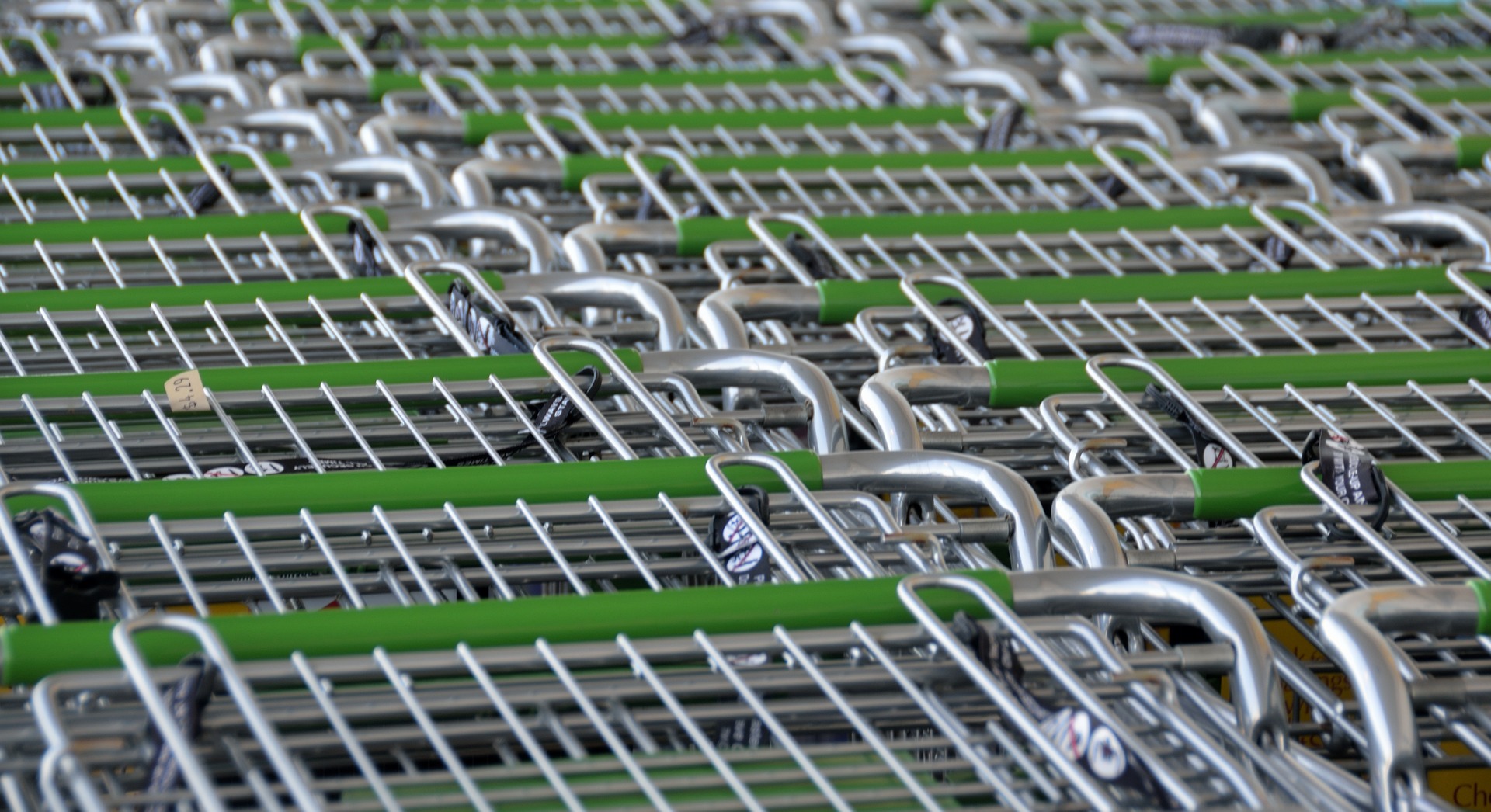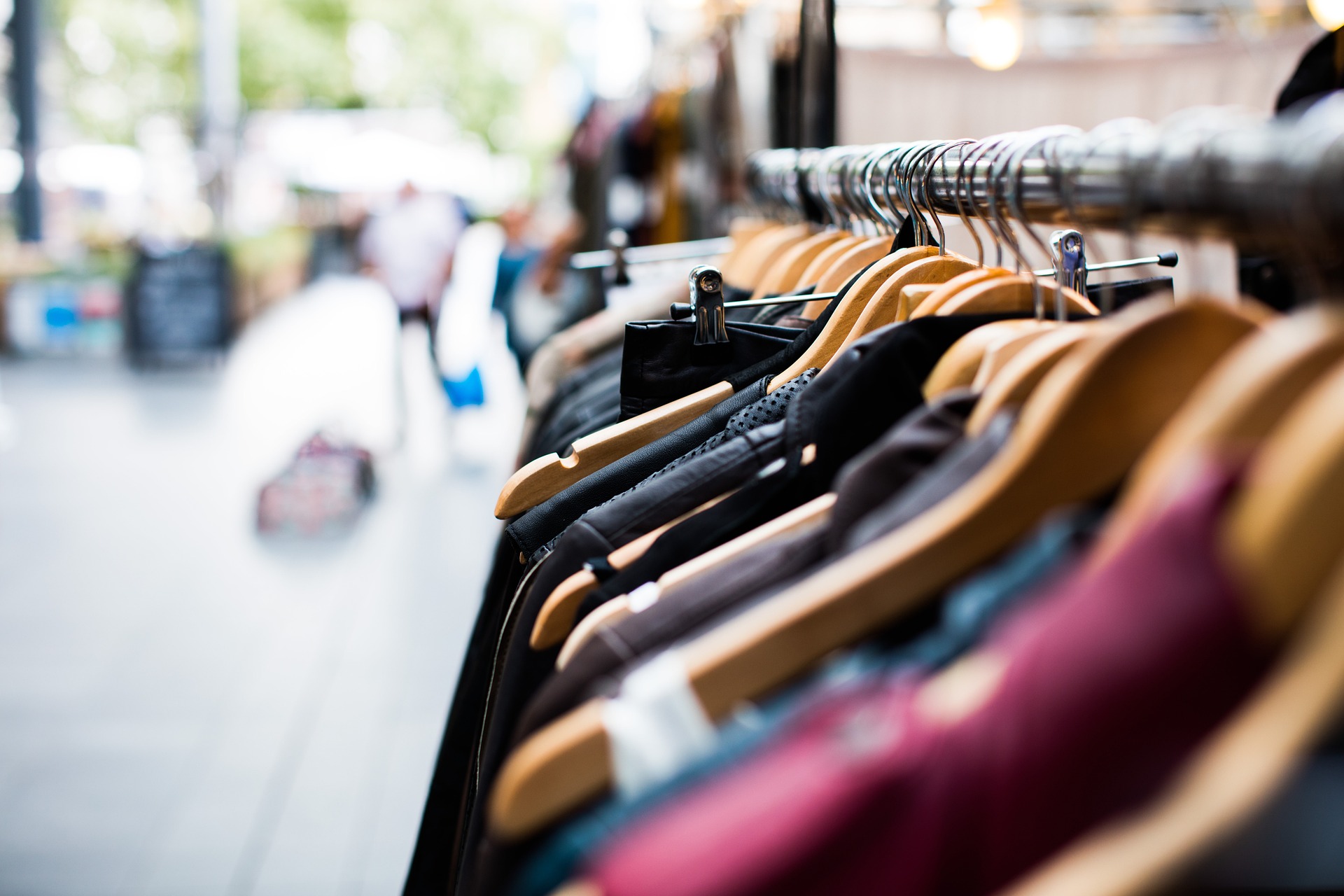The proportion of groceries bought as part of a deal has increased by 26.5 per cent over the past three months.
According to research from Kantar, which published the figures, this represents the highest level of promotion-based sales since June 2022.
Tesco in particular has been driving the increase of money spent on offers, which Kantar said is helping to offset the impact of inflation.
“The nation’s biggest supermarket saw sales rise by 9.2 per cent over the latest 12 weeks, with its market share edging up by 0.4 percentage points to 27.4 per cent,” said Tom Steel, strategic insight director, Kantar. “Brands have also done well.
"Branded promotion sales hit their highest rate since January this year, helping the category grow sales by 7.3 per cent across the 12-week period and narrow the gap with own-label lines, which grew by 10.1 per cent.”
Overall grocery price inflation was at 11 per cent across the four weeks to 1 October 2023, with the price of butter down 16p compared to the same period of 2022.
Steel said that while price inflation is still very high, shoppers will be “relieved” to see the rate continuing to fall.
“For the first time since last year, the prices of some staple foods are now dropping and that’s helping to bring down the wider inflation rate,” he continued. “Dairy was one of the categories where costs really shot up last autumn but the average price paid for a 250g pack of butter is now 16 pence less than 12 months ago.”
Which?'s head of food policy Sue Davies said that while inflation easing is "positive", the reality is that "supermarket prices are still rising very quickly when many shoppers are already struggling to make ends meet".
"Millions of people up and down the country continue to take extreme measures, such as skipping meals, as their budgets are ravaged by increased household bills," said Davies. “Supermarkets have the power to ease the huge pressure faced by shoppers, especially families and those on low incomes, by putting budget range items in hundreds of more expensive convenience stores. Which? research has found that these stores rarely, if ever, stock the cheapest products.”
Latest News
-
eBay and Etsy to buy Depop for $1.2bn
-
REWE opens automated fresh food facility to serve Berlin outlets
-
Retail sector plans to cut jobs and hours as employment costs surge
-
eBay launches Pay by Bank in the UK
-
Asos launches new hybrid virtual try-on service
-
Amazon builds zero carbon delivery facility in North East England
Beyond Channels: Redefining retail with Unified Commerce
This Retail Systems fireside chat with Nikki Baird, Vice President, Strategy & Product at Aptos will explore how unified commerce strategies enable retailers to tear down these barriers and unlock new levels of operational agility and customer satisfaction.
The future of self-checkout: Building a system that works for consumers and retailers
In this webinar, industry leaders discussed what the future of self-checkout looks like and how retailers can make the technology work for everyone.
© 2024 Perspective Publishing Privacy & Cookies




.jpg)




Recent Stories